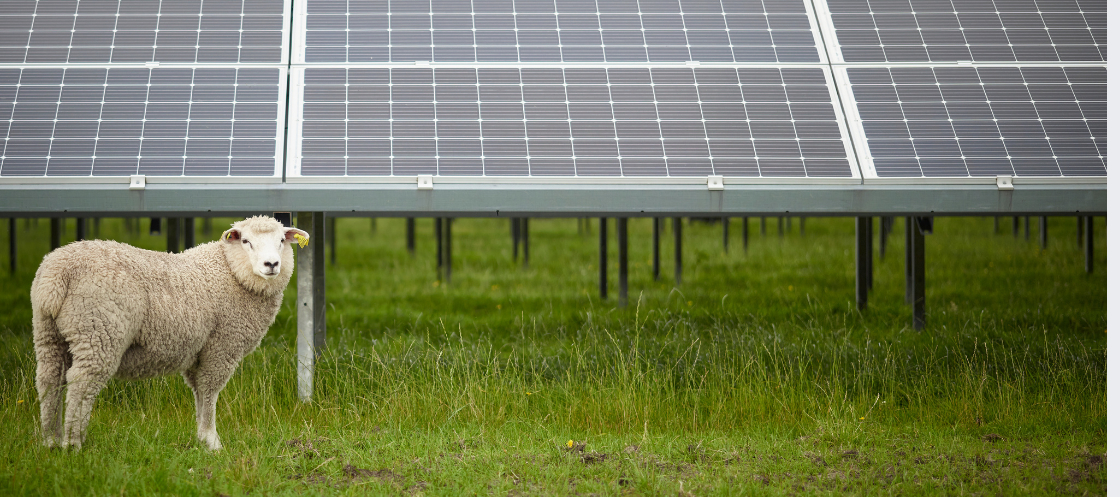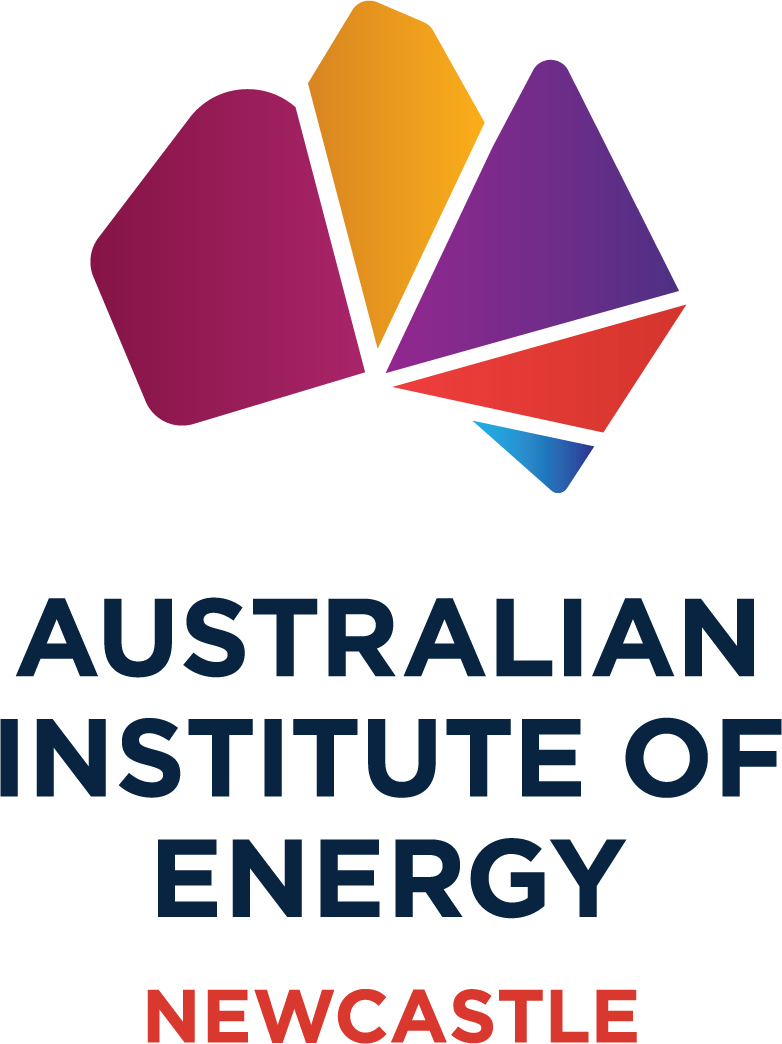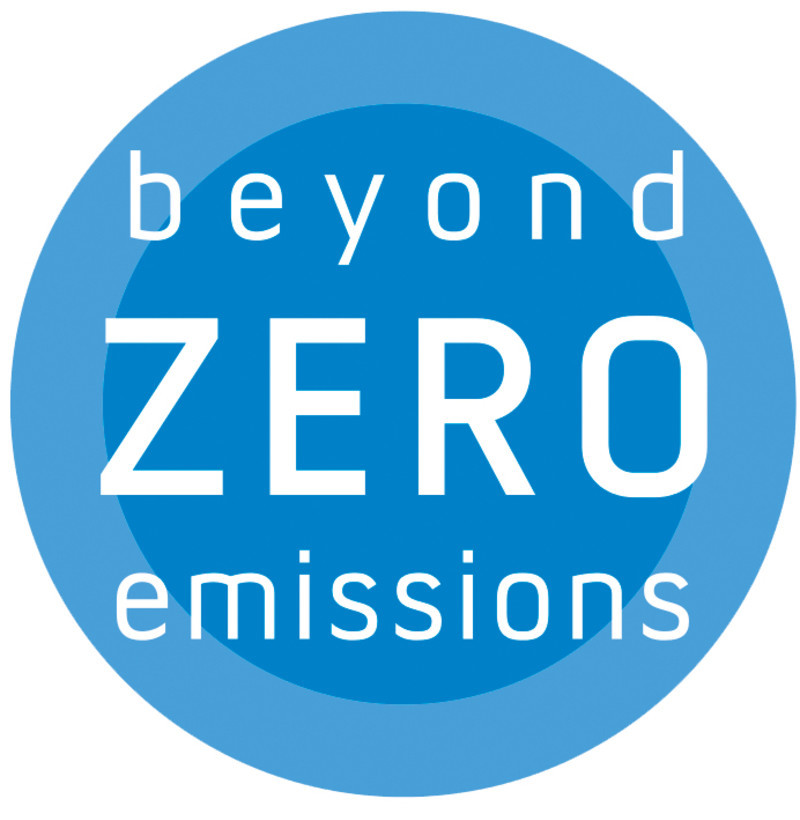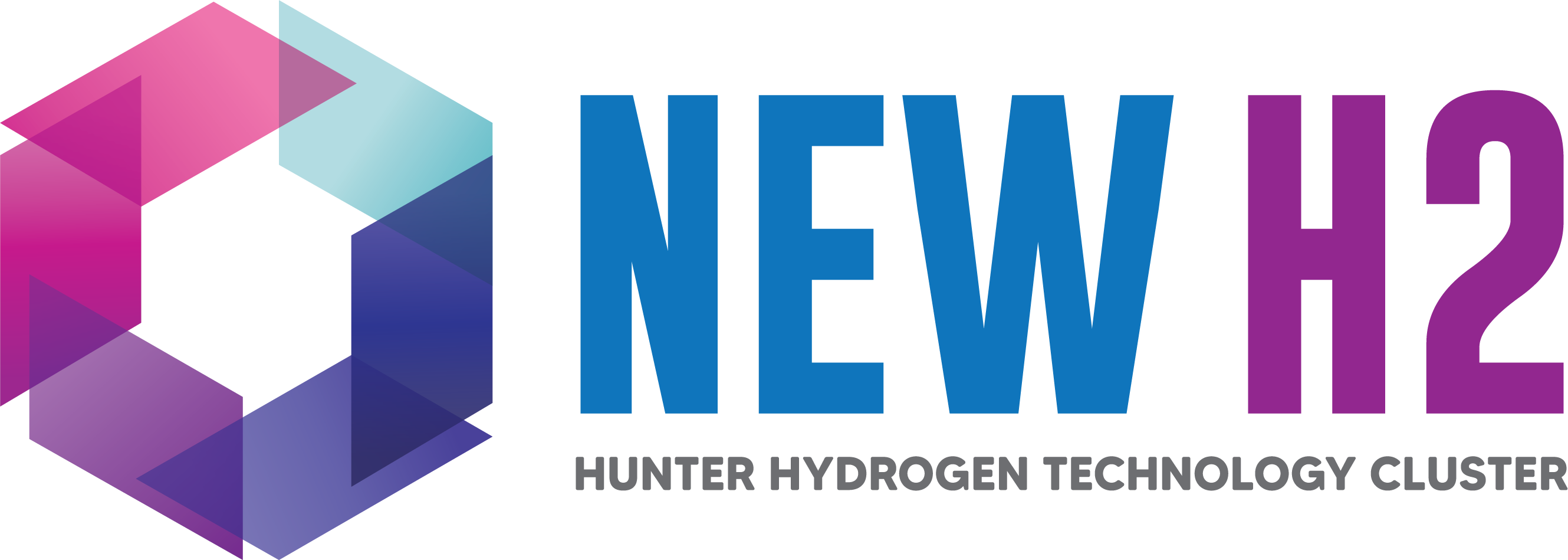Agri-Renewables Innovation Challenge calls for solutions to boost agriculture and energy
Time is running out to apply for the Australian Agri-Renewables Innovation Challenge, an initiative designed to fast-track the development of new technologies and services that address energy and sustainability challenges in agriculture.

The Agri-Renewables Innovation Challenge has being launched by Food Agility, Charles Sturt University, and RACE for 2030 CRC, with a focus on areas such as energy, chemicals and fertilisers, and agricultural waste and residues. The deadline for submissions is 11 October 2024, with successful applicants set to be announced at the Digital Agrifood Summit later this month.
The challenge offers a co-investment opportunity from Charles Sturt University, which has pledged to contribute one-third of the funding for successful projects. The university’s AgriPark, through its $2 million investment pool, aims to support agricultural innovators, also known as "challengers," by offering not only financial backing but also a platform for development and validation of their ideas.
Nick Pagett, Executive Director of Charles Sturt AgriPark, highlighted how the program will help overcome barriers to innovation in the agri-renewables space. “Along with access to funding, ‘challengers’ will be able to demonstrate, validate, and fine tune their innovation and business model at the Renewables in Agriculture Centre of Excellence and Global Digital Farm,” Pagett said.
The farm's commercial setting provides access to feedstock, subject matter experts, and laboratory facilities, creating an environment that fosters the development of practical solutions for agricultural energy challenges.
Steve Summerhayes, Director of the Renewables in Agriculture Centre of Excellence said that one of the key aims of the challenge is to develop technology that helps farmers reduce energy costs and emissions. “We want to unlock the unrealised potential of renewables in agriculture to power regional economies and support food security, productivity, resilience, and sustainability,” Summerhayes said.
In addition to funding, the challenge offers innovators access to industry expertise and a platform to test and refine their technologies in a commercial farming context. This hands-on approach allows challengers to adapt their solutions to real-world agricultural needs while contributing to broader sustainability goals.
The RACE for 2030 CRC, a key partner in the initiative, will provide further support to participants. Dr Bill Lilley, CEO of RACE for 2030 CRC, emphasised that the challenge offers a unique opportunity to transform regional economies through the integration of renewable energy solutions in agriculture.
“RACE for 2030 supports innovative industry partners to bring solutions that reduce emissions and energy costs for regional communities,” Lilley said. He added that they are particularly interested in solutions that encompass energy storage, production, and flexibility in farming operations, which would enable farmers to benefit from evolving energy systems.
The challenge promises to be a catalyst for unlocking new pathways to integrate renewable energy and sustainability into the backbone of the country’s food production and agricultural industries.













